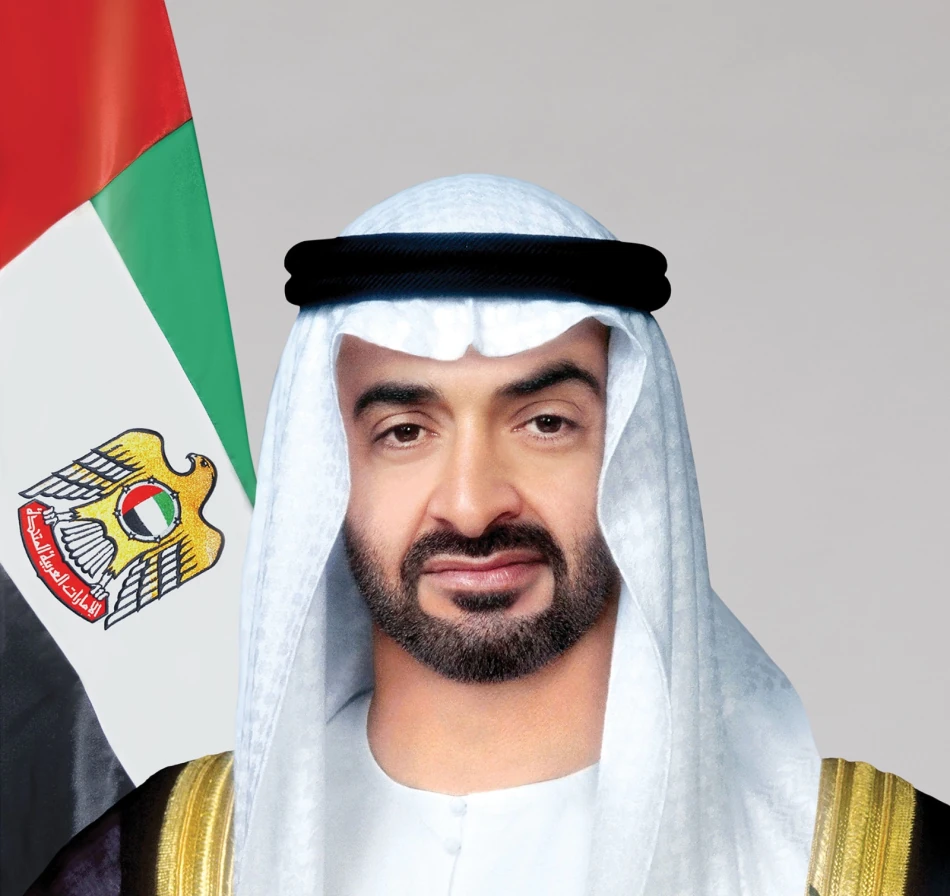
UAE President Embarks on State Visit to Angola, Strengthening Bilateral Ties
UAE President's Angola Visit Signals Deepening Africa Investment Push
UAE President Sheikh Mohamed bin Zayed Al Nahyan will embark on a state visit to Angola starting Sunday, August 24, marking another strategic move in the Emirates' expanding African economic footprint. The visit underscores Abu Dhabi's systematic approach to diversifying its global partnerships beyond traditional Western and Asian markets, with Angola's oil wealth and infrastructure needs presenting compelling mutual opportunities.
Strategic Timing Amid Global Energy Transitions
The meeting between Sheikh Mohamed and Angolan President João Manuel Gonçalves Lourenço comes at a pivotal moment for both nations. Angola, Africa's second-largest oil producer, is seeking to modernize its economy and reduce dependence on volatile crude markets. Meanwhile, the UAE continues positioning itself as a bridge between emerging markets and global capital, leveraging its sovereign wealth and expertise in energy transitions.
This diplomatic engagement follows the UAE's successful model in other African markets, including significant investments in Egypt's new administrative capital and renewable energy projects across the continent. Angola represents a natural extension of this strategy, given its abundant natural resources and geographic position as a gateway to southern African markets.
Economic Cooperation Takes Center Stage
Infrastructure and Development Focus
The discussions will prioritize developmental and economic cooperation, areas where UAE expertise in mega-projects and financial engineering could prove transformative for Angola. The Emirates' experience in building world-class infrastructure—from ports and airports to smart cities—aligns with Angola's reconstruction and modernization agenda following decades of civil conflict that ended in 2002.
Angola's infrastructure deficit presents opportunities worth billions of dollars, particularly in transportation networks, urban development, and digital connectivity. UAE companies, backed by sovereign funds like Mubadala and ADQ, have the capital and technical capabilities to undertake large-scale projects that could reshape Angola's economic landscape.
Energy Sector Synergies
Both nations share deep expertise in oil and gas, creating natural synergies for collaboration. However, the real opportunity may lie in renewable energy development, where the UAE's leadership in solar technology and green hydrogen production could help Angola diversify its energy mix while maintaining export revenues through new clean energy products.
Broader Implications for Regional Trade
This visit reflects the UAE's broader strategy of building economic corridors that bypass traditional Western-dominated trade routes. Angola's Atlantic coastline and established relationships with Portuguese-speaking markets in Brazil and Portugal could provide the UAE with enhanced access to Latin American opportunities.
The timing also coincides with increased Chinese and European competition for African partnerships, positioning the UAE as an alternative partner that offers advanced financial services, technological expertise, and political neutrality without the historical baggage that sometimes complicates Western engagement in Africa.
Investment Outlook
For international investors, this diplomatic engagement signals potential opportunities in sectors ranging from agriculture and mining to telecommunications and financial services. The UAE's track record of following diplomatic initiatives with substantial investment commitments suggests concrete business deals may emerge from these discussions.
Angola's recent economic reforms, including currency liberalization and improved business regulations, have created a more favorable investment climate. Combined with UAE capital and expertise, these changes could accelerate Angola's economic transformation and create new regional growth dynamics that extend well beyond bilateral trade.
Most Viewed News

 Sara Khaled
Sara Khaled






